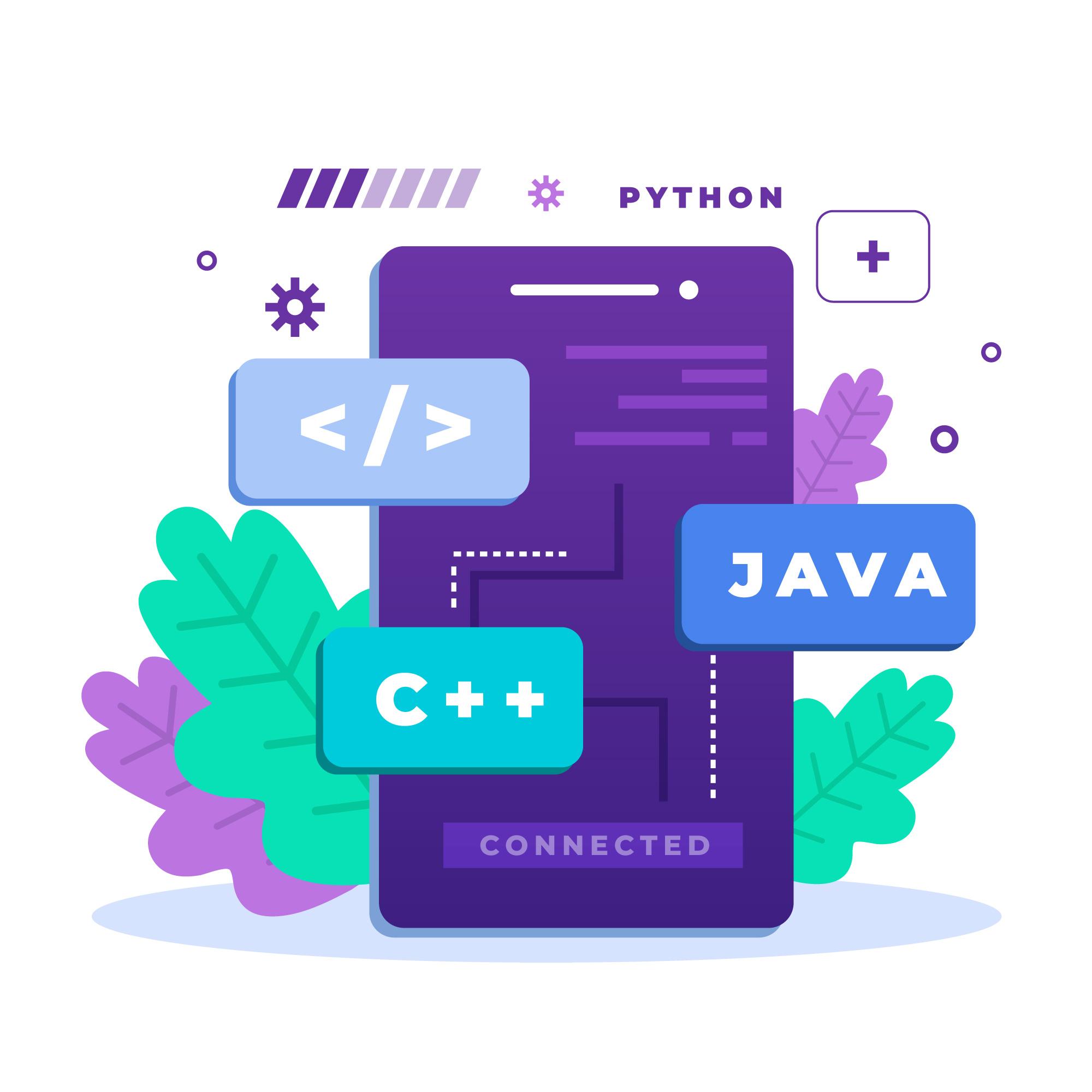Introduction to Java Programming Language: A Brief Overview
Java is a popular object-oriented programming language that has been around for more than two decades. It was first released by Sun Microsystems in 1995 and is now owned by Oracle Corporation. The language was designed to be platform-independent, meaning that Java code can be written once and run on any platform that supports Java. This feature has made Java a popular choice for developing cross-platform applications.

Why Java is Popular Among Developers
There are several reasons why Java is popular among developers. Firstly, Java is easy to learn and use, making it a great language for beginners. Secondly, it has a vast developer community, which means there are plenty of resources and support available for Java developers. Thirdly, Java has a rich set of libraries and frameworks, which makes it easy to develop complex applications quickly and efficiently.
Java Development Tools
Java developers use a variety of development tools to write, test, and debug Java code. Some of the most popular Java development tools include Eclipse, IntelliJ IDEA, and NetBeans. These tools offer a range of features, such as code completion, debugging, and code profiling, that make it easier for developers to write high-quality code.
To become a successful Java developer, it is essential to know some tips and tricks that can help you write better code and be more productive. Some of the tips and tricks that Java developers should know include using an Integrated Development Environment (IDE), following naming conventions, using design patterns, and understanding garbage collection.
Object-Oriented Programming with Java
Object-oriented programming is a popular programming paradigm that focuses on objects rather than actions. Java is an object-oriented language, which means that it supports OOP concepts such as inheritance, encapsulation, and polymorphism. Java developers can use these concepts to write code that is modular, reusable, and easy to maintain.
Java Frameworks
Java frameworks are pre-built libraries that provide developers with a set of tools and APIs to build applications quickly and efficiently. Some of the most popular Java frameworks include Spring, Hibernate, and Struts. These frameworks can be used to simplify application development, reduce development time, and improve application performance.
Java Web Development
Java is also a popular choice for building web applications. There are several web frameworks and tools available for Java developers, such as Spring MVC, Struts, and JavaServer Faces. These frameworks provide a set of tools and technologies for building web applications that are scalable, reliable, and secure.
Java Career Opportunities
Java is a popular programming language, and there are plenty of job opportunities available for Java developers. Some of the job roles for Java developers include Java developer, software engineer, web developer, and mobile app developer. The average salary for a Java developer in India is around 6-8 lakhs per annum, and it can go up to 20-25 lakhs per annum for experienced developers.
Java Interview Questions and Answers
If you are preparing for a Java interview, it is essential to know some commonly asked Java interview questions. Some of the popular Java interview questions include questions on Java basics, OOP concepts, collections, multithreading, and exception handling. It is also important to prepare for behavioral questions and be ready to showcase your skills and experience
Java SecurityWriting secure Java code is essential to protect applications from attacks and vulnerabilities. Some of the best practices for writing secure Java code include using secure coding guidelines, implementing authentication and authorization, encrypting sensitive data, and keeping software up-to-date.
Java Performance Tuning
Java developers can use several techniques to optimize the performance of Java applications. Some of the performance tuning techniques include optimizing database access, reducing network latency, using caching, and optimizing garbage collection.

Conclusion
In this blog, we have covered various aspects of Java programming, including its history, popular development tools, tips and tricks for developers, object-oriented programming concepts, frameworks, web development, career opportunities, interview questions, and security and performance considerations.
Whether you are a beginner learning Java or an experienced developer looking to enhance your skills, this blog serves as a comprehensive guide to help you navigate the world of Java programming.